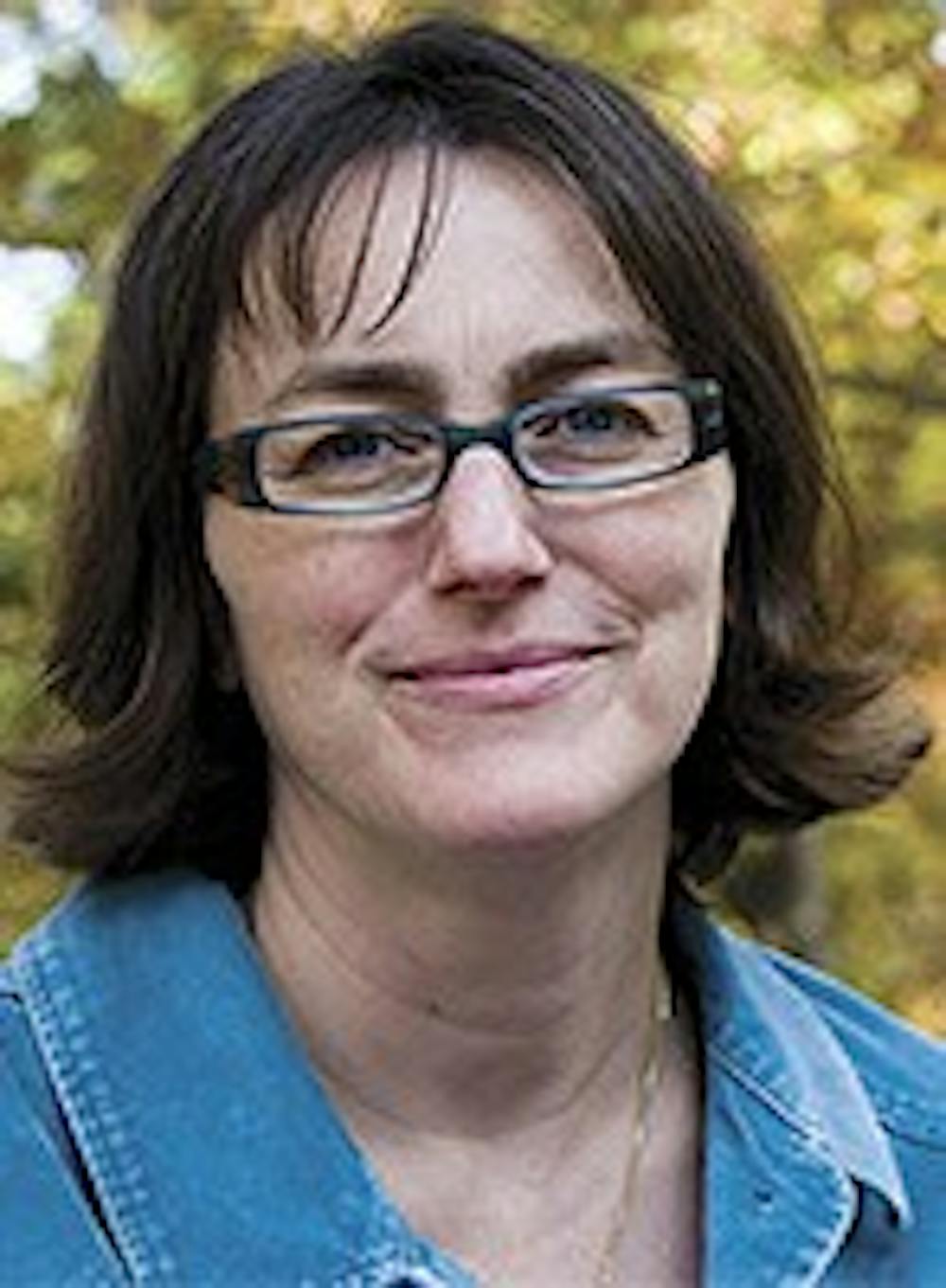Barbara Fredrickson, a UNC psychology professor, said it’s never pleasant to discover something that you’ve published is inaccurate.
But after receiving criticism of a widely read paper she co-authored, Fredrickson found she had done just that.
Fredrickson is a Kenan Distinguished Professor of psychology and a principal investigator of UNC’s Positive Emotions and Psychophysiology Laboratory.
She has been doing research in this field since she earned her Ph.D. from Stanford University in 1990. Fredrickson taught at Duke University and the University of Michigan before coming to UNC in 2006.
Her 2005 paper in American Psychologist is titled “Positive Affect and the Complex Dynamics of Human Flourishing,” which she co-authored with Marcial Losada, a Chilean psychologist and consultant.
The paper described humans’ ability to reach their full potential by using a mathematical model created by Losada.
The critical positivity ratio, based on the model, determines if the ratio of positive to negative life experiences is 3-to-1, individuals will flourish.
Losada found that the ratio must be above 2.9013 to flourish.
In November 2011, Nick Brown, a graduate student at the University of East London, questioned its accuracy. He approached Harris Friedman, a psychologist at the University of Florida, and Alan Sokal, a physicist at New York University.



